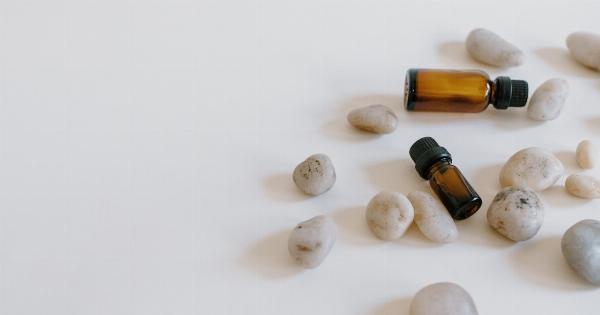We all feel pressure or stress from time to time – it’s just a part of life. However, when it becomes chronic or overwhelming, it can cause a range of health problems, such as high blood pressure, anxiety, and depression.
You might be tempted to turn to medication to alleviate your symptoms, but there are plenty of non-drug alternatives you can try first. Here are the five most effective ones:.
1. Practice Relaxation Techniques
Relaxation techniques can help to lower your heart rate, reduce muscle tension, and calm your mind. Some of the most popular techniques include:.
- Deep breathing: Slowly inhale and exhale through your nose, counting to four on each inhale and exhale. Repeat this for several minutes until you feel more relaxed.
- Progressive muscle relaxation: Tense and then relax each muscle group, starting with your toes and working your way up to your head.
- Meditation: Sit quietly and focus on your breath, observing your thoughts without judging them. When your mind wanders, gently bring it back to your breath.
2. Exercise Regularly
Exercise is a great way to release tension, boost your mood, and improve your overall health. Aim to do at least 30 minutes of moderate-intensity exercise most days of the week. This could include:.
- Walking
- Swimming
- Biking
- Dancing
- Yoga
3. Try Herbal Supplements
There are several herbal supplements that are believed to help with stress and anxiety. However, it’s important to note that the scientific evidence is limited and some supplements may not be safe or appropriate for everyone.
Some of the most popular options include:.
- Ashwagandha: A Ayurvedic herb that may help to reduce stress and anxiety.
- Lavender: An herb that has a calming scent and may help to ease anxiety.
- Passionflower: A plant that may help to reduce anxiety and improve sleep.
- Valerian root: An herb that is believed to help improve sleep and reduce anxiety.
4. Get Enough Sleep
It’s important to get enough sleep in order to feel rested and refreshed. Lack of sleep can increase stress and anxiety, which can in turn make it harder to sleep – creating a vicious cycle. Aim to get at least seven to eight hours of sleep per night.
Some tips for improving your sleep hygiene include:.
- Stick to a regular sleep schedule, even on weekends
- Avoid screens (phones, tablets, TVs) for at least an hour before bed
- Create a relaxing bedtime routine to signal to your body that it’s time for sleep
5. Change Your Mindset
Finally, it’s important to remember that much of the pressure we feel is self-imposed. We often put undue pressure on ourselves to perform, achieve, or meet certain expectations – and this can cause unnecessary stress.
Here are some tips for changing your mindset:.
- Practice self-compassion: Treat yourself with the same kindness and understanding that you would offer to a good friend.
- Challenge your negative thoughts: When you notice negative thoughts creeping in, try to reframe them in a more positive light.
- Avoid perfectionism: Striving for perfection is a common trap that can lead to stress and burnout – aim for progress, not perfection.
In conclusion, beating pressure doesn’t always require medication.
By practicing relaxation techniques, exercising regularly, trying herbal supplements, getting enough sleep, and changing your mindset, you can manage your stress and anxiety in a safe and effective way.




























